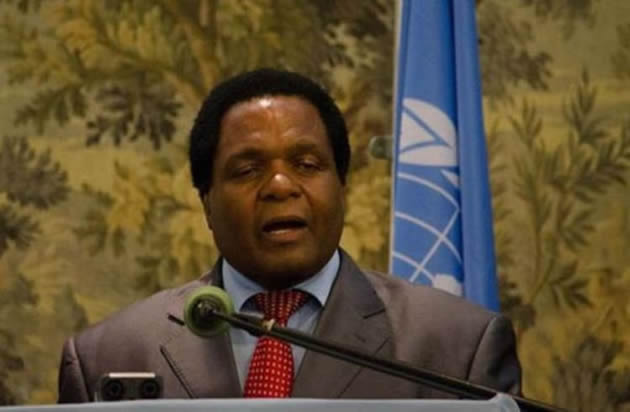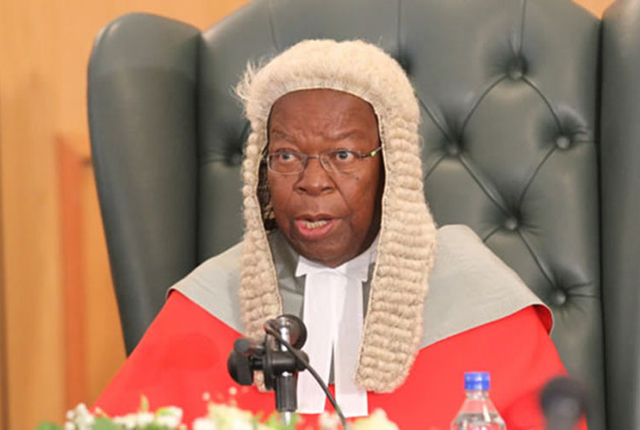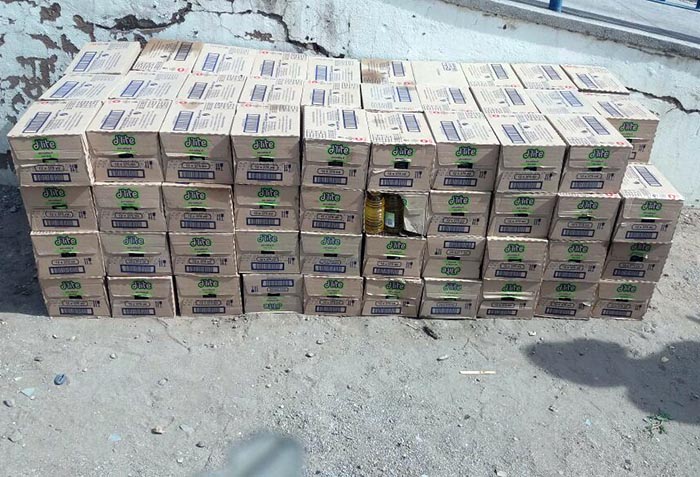Agric, mining to spur economic growth

 Martin Kadzere Senior Business Reporter
Martin Kadzere Senior Business Reporter
WHILE the anticipated boon in agriculture and mining is expected to spur economic growth this year, worsening foreign currency shortages and its huge impact on imported materials will curtail hopes for further growth, officials and economists have said.
The growth prospects come against a backdrop of above normal rains received in most parts of the country, which have raised prospects for a bumper harvest. The rebound of minerals prices, particularly gold is also expected to spur economic growth.
Since last year, Zimbabwe has been facing serious foreign currency shortages to fund importation of critical raw materials and some companies are already cutting working hours.
So dire is the situation that some foreign payments are taking five months to go through.
In the 2017 Economic Outlook, the Ministry of Economic Planning and Investment Promotion maintained an economic growth rate of 1,7 percent.
Agriculture is expected to grow by 12 percent on the back of a bumper maize harvest, which is projected to grow by 203 percent. Tobacco output is project to grow by 1,3 percent, mining by 0,9 percent and growth in the manufacturing sector will slow to 0,1 percent.
Permanent Secretary Dr Desire Sibanda said although agriculture and mining were expected to underpin growth, the economy was still facing imbalances characterised by significantly low investment, high consumption and low exports versus significantly high imports, a situation that has led to unsustainable trade deficit.
The economy is also experiencing high costs of production, which has eroded competitiveness.
The unsustainable wage bill and debt stock of 80 percent of the GDP remains a challenge.
Dr Sibanda said “some challenges have emerged, which Government is currently addressing”.
Economist Mr Brains Muchemwa said the huge imbalances between the nostro balances and the domestic claims on the banking sector pose the biggest risk to the stability of the economy going forward.
“And biggest challenges for the monetary and fiscal policies is to reign in on domestic monetary expansion,” said Mr Muchemwa.
Economist John Robertson concurred with the view that challenges related to foreign currency shortages and FDI might overshadow the projected growth in agriculture. He said the growth in mining was at risk due to shortage of foreign currency to support capital spending.
“FDI and the manufacturing sector will not be quite enough to generate growth this will overshadow agriculture,” said Mr Robertson.
“I think we have long way before we can start enthusiastically speak about meaningful growth.”
Dr Sibanda said the major factors behind the upward trend in inflation included shortage of foreign currency to import critical raw materials that led to high premiums being charged on hard currency.
These premiums are being passed on to the consumer resulting in inflation which the country is currently experiencing. In addition, the introduction of SI64 resulted in a scenario where some producers were protected in an environment characterised by low capacity utilisation and high cost structures.
This resulted in demand pull and cost push inflationary pressure, resulting in price increases of some commodities, leading to inflation. The trend is expected to continue during the year.
Since January 2013, the year on year rate of inflation as measured by the Consumer Price Index has been on a declining trend. In 2014, the year on year inflation rate turned negative with the lowest rate being -3,3 percent in October 2015.
As from November 2015, inflation started to build up. By March 2016, the rate of inflation stood at -2,3 percent and continued firming up. According to ZIMSTAT, the year on year inflation for the month of January 2017 was -0,65 percent compared to -0,93 percent registered in December 2016. This represents a 0,28 increase in year on year inflation.
The month-on-month inflation between December 2016 and January 2017 registered an increase of 0,18 percent. This indicates some inflation build up during this period.
In short term, the establishment of SEZ was expected to boost investment. The government is also working on reducing the wage bill, cutting the import Bill and incentivise exporters.
The Government will also encourage joint ventures and creating financing arrangements to argument local companies’ recapitalisation to increase domestic supply and exports.
“Overall, economic activity will depend to a large extent on how the measures outlined are implemented particularly measures to fully operationalise SEZ, boost agriculture and increase export earnings,” he said.
Dr Sibanda said Government will soon start flighting adverts in local and international media inviting investors interested in the SEZ.








Comments